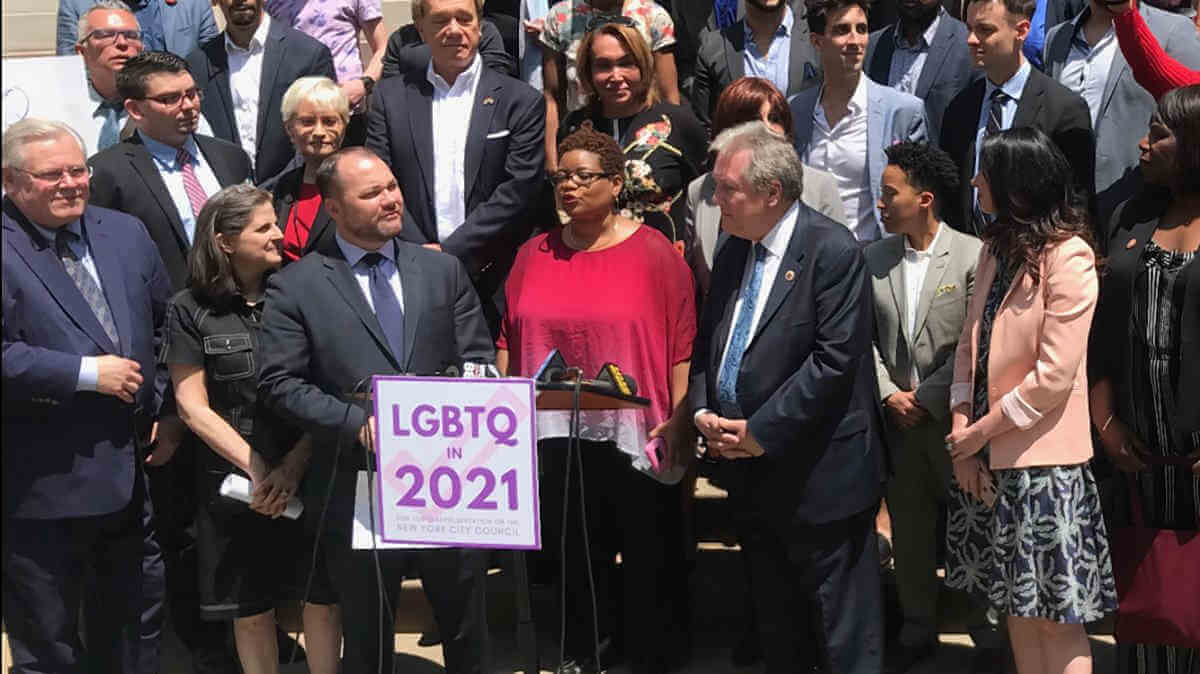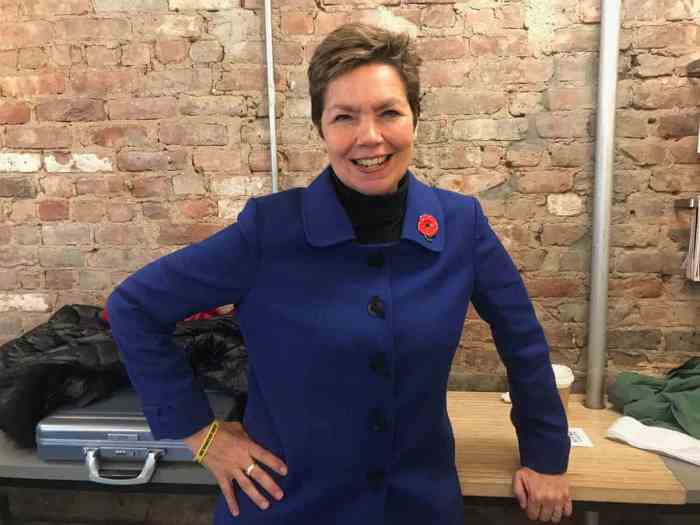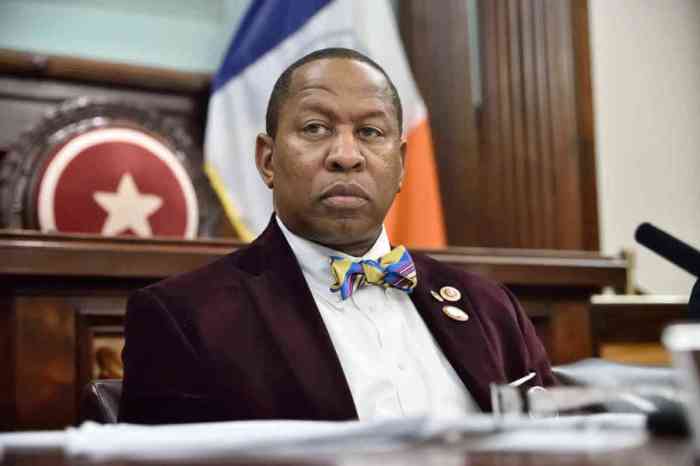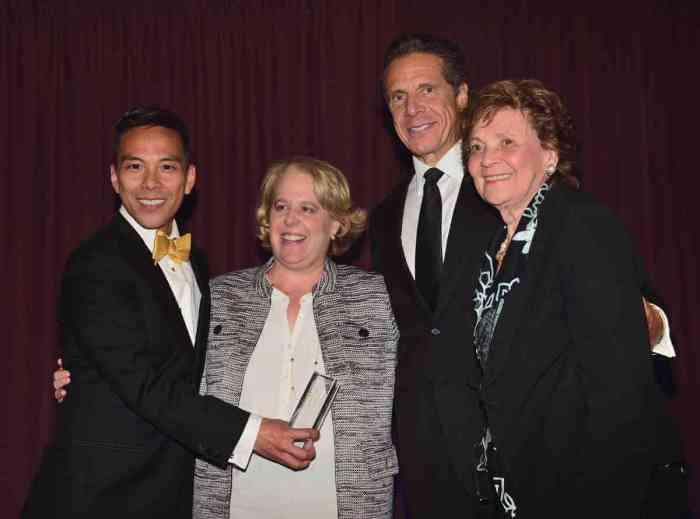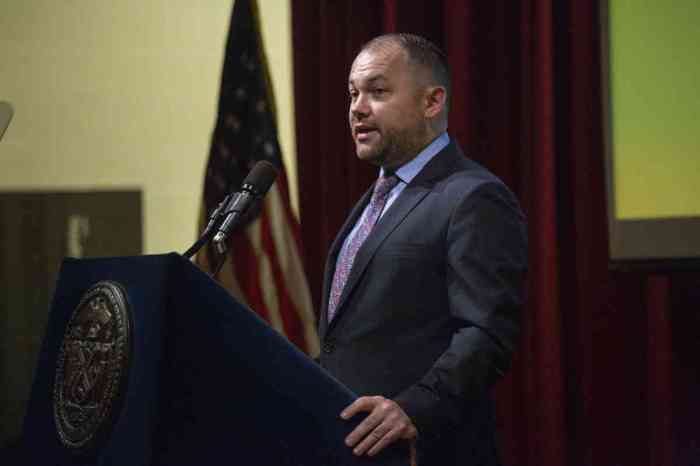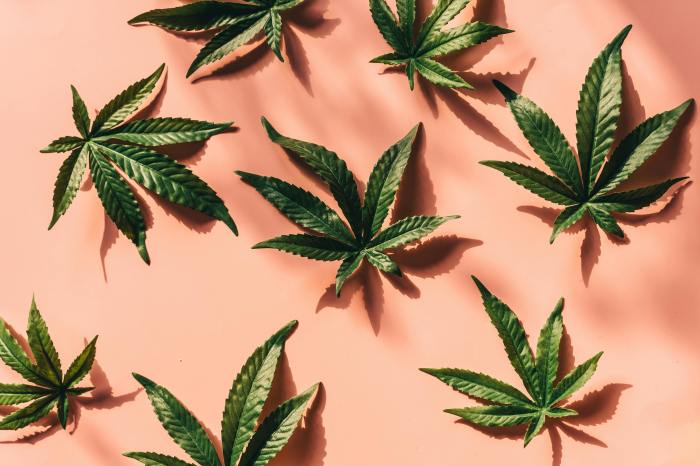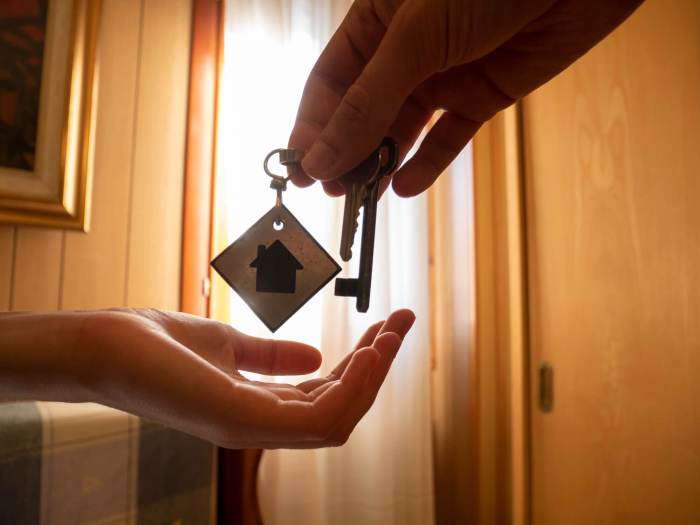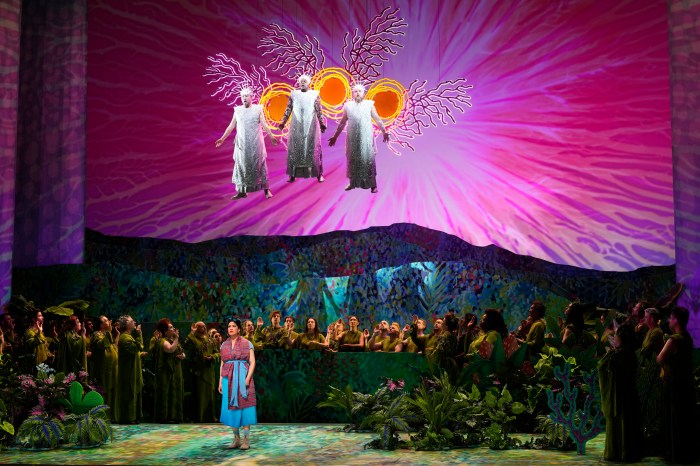Recognizing that all five gay members of the City Council face term limits at the end of 2021, a group of queer political leaders, including some of the current councilmembers, gathered at City Hall on May 22 to announce an initiative to ensure that the Council will continue to have LGBTQ members after the citywide elections two years from now.
The effort, dubbed LGBTQ in 2021, brings together leaders of the city’s queer political clubs and other activists to scout for talented and well-connected local activists interested in seeking Council seats. The 2021 primary election takes place in June and in the vast majority of districts winning the Democratic primary is tantamount to victory in November.
It’s not only the LGBTQ caucus on the Council that faces term limits — 35 of the 51 seats will be open contests in 2021.
“It’s so important that the New York City Council looks like the city it represents, which is why I’m proud to be part of this grassroots effort,” said out gay Council Speaker Corey Johnson, a likely mayoral candidate who represents the West Side of Manhattan from Greenwich Village north through Hell’s Kitchen. “I want more women, more people of color, and more LGBTQ New Yorkers running for office and this is how we reach that goal.”
Then, in reference to the activists pushing the LGBTQ in 2021 effort, he added, “This is a diverse and powerful coalition, so I know we’re going to help make history.”
Since the 1991 city election, when Tom Duane and Antonio Pagán were elected to represent adjoining Lower Manhattan districts, the Council has always had at least two LGBTQ members. The queer caucus reached its largest size ever during the last term, when it had seven members — Manhattan’s Rosie Mendez and the Bronx’s Jimmy Vacca, in addition to its current roster of Johnson, Daniel Dromm and Jimmy Van Bramer of Queens, Ritchie Torres of the Bronx, and Brooklyn’s Carlos Menchaca. The caucus has produced two of the three most recent speakers — Johnson and Christine Quinn, who previously represented Johnson’s district.
Melissa Sklarz, a longtime transgender political activist who last year ran a race for the State Assembly that came up short, explained that the new initiative will focus on the nuts and bolts of recruiting candidates and priming them for success.
“We will teach them how to run for office,” she said. “The format. The process. Getting on the ballot is difficult. Raising money is difficult. We will work with them to help them reach outside their own personal network.”
Sklarz said the effort grew out of conversations begun by Rod Townsend, president of the Stonewall Democratic Club of New York City, Allen Roskoff, who heads the Jim Owles Liberal Democratic Club, and longtime political and campaign operative Mark Benoit, among others.
According to Carmen Neely, a Harlem community leader who helped found New York City Pride and Power, a citywide coalition of black and Latinx LGBTQ activists, the 2021 initiative blossomed over the past two months to include as many as 30 people, representing not only her group, Stonewall, and Jim Owles, but also the Lesbian Gay Democratic Club of Queens, Brooklyn’s Lambda Independent Democrats (LID), the LGBT Democrats of Color, the New York Transgender Advocacy Group, Queeramisú — LGBTQ Leaders for Progress, and the Black and Latino LGBTQ Coalition. Neely noted that the activists involved represent all five boroughs and are diverse in terms of race, ethnicity, and gender identity.
The new initiative will not seek non-profit status, instead remaining an informal coalition, and it will not make endorsements or give financial support to candidates. Noting that 2021 could produce “an embarrassment of riches,” Sklarz said that should more than one LGBTQ candidate surface in a single district, the group would be open and available to assisting both.
Since 1991, the Washington-based LGBTQ Victory Fund has provided training, endorsements, and donations to out candidates, but it does not have the reach to do the sort of on-the-ground candidate recruitment and grooming that LGBTQ in 2021 is talking about.
In announcing the effort, the organizers credited the work of 21 in 21, which aims to increase the representation of women on the Council. That group’s co-founders, former Speaker Melissa Mark-Viverito and former Queens Councilmember Elizabeth Crowley, endorsed LGBTQ in 2021, and Crowley was on hand for the City Hall event.
Dromm, who represents Jackson Heights and Elmhurst and chairs the LGBTQ Caucus, said, “The LGBTQ rights movement has benefited greatly from the efforts of New York City’s LGBTQ lawmakers. That momentum must continue in 2021 and in the years ahead.”
In a written statement, Jared Arader, LID’s president, noted that Menchaca is the only out LGBTQ legislator ever elected to office in Brooklyn.
“Brooklyn has a vibrant LGBT community but currently only one openly LGBTQ legislator, and he will leave office in 2021 due to term limits,” he said. “Representation matters — and that’s why we need to work together to ensure we have a voice in the table.”
Torres, who is looking at a race for an open congressional seat in the Bronx next year, took the opportunity to poke a Council rival who is also looking at that seat.
“Progress doesn’t happen by accident,” he said. “It is not handed to us on a silver platter. We have to recruit candidates, raise funds, knock on doors, and win elections. Even in a post-Obergefell world of marriage equality, there continue to be places in New York City where even homophobes can be and have been elected to the City Council. I’m going to be provocative for a moment. Homophobic antics of Ruben Diaz, Sr., are a cautionary tale of what happens when we as a community take for granted the inevitability of progress. We cannot afford to be complacent. We have to organize.”

